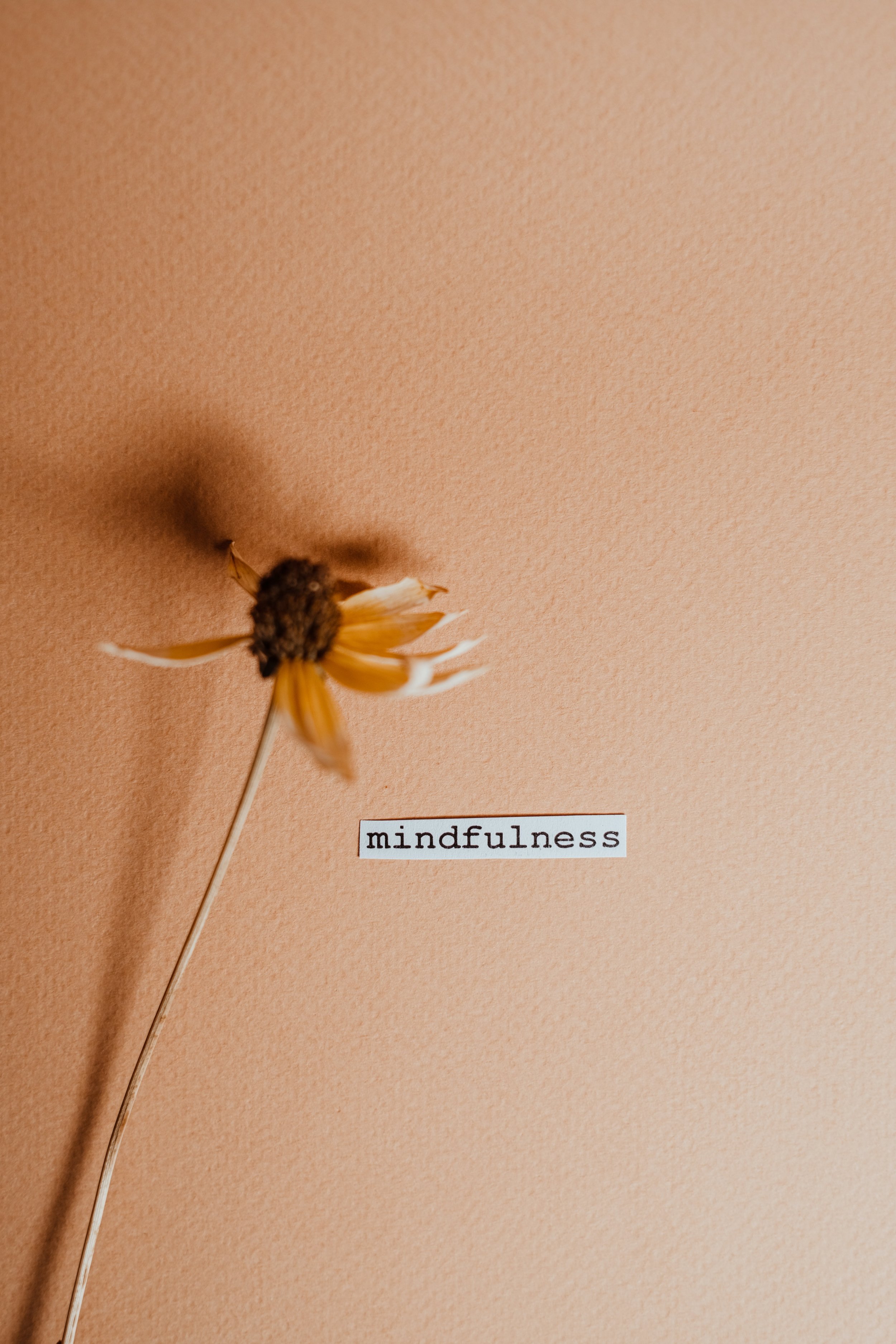Mindfulness
The practice of mindfulness has been gaining traction for the past several years, and has quickly risen to celebrity status among practitioners for its use in reducing stress and assisting with mood regulation. Thousands of studies have documented the physical and mental health benefits of mindfulness, especially when practiced as intended in the Mindfulness-Based Stress Reduction (MBSR) program developed by Jon Kabat-Zinn.
Mindfulness, in essence, is the practice of becoming more aware of our thoughts, feelings, and physical sensations. It’s the practice of being aware of the present moment.
In addition to increased awareness, mindfulness also mandates the acceptance of whatever thoughts, feelings and bodily sensations that do arise, and advocates for a non-judgemental attitude towards ourselves. In mindfulness practice, the idea is that by focusing on the present moment, we are able to override temptations to live in the mistakes of the past, or in fear regarding the future.
Some important ways that this is accomplished:
By drawing attention to your breathing: both throughout daily routines, and especially as you may be experiencing intense emotions.
In taking stock of your sensations: what you see, smell, hear, taste and feel. Allow yourself to ‘get lost’ in these sensations, and give yourself the time to do so.
Through cultivating nonattachment to your thoughts: allowing them to come and go without defining you.
By noticing whenever thoughts about the past or future are given free rein, and gently bringing awareness back to the present moment.
At Peace Club, we employ mindfulness-based strategies that build upon the principles developed in MBSR and focus on the experience of individuals who are in recovery.
Developed from the Addictive Behaviors Research Center at the University of Washington, Mindfulness Based Relapse Prevention (MBRP) is designed as an aftercare program, combining together mindfulness practices and traditional cognitive-based relapse prevention, with proven effectiveness for individuals who have undergone initial treatment and are working to maintain their treatment gains and establish a recovery lifestyle.
Because we believe in long-term care and recovery for our clients, (How Long Should Treatment Last) as well as needed lifestyle adjustments in the areas of spirituality, diet, and sleep, among others, introducing mindfulness as a daily practice is a foundational element of our treatment ideology.
For those who struggle with addictive patterns, MBRP practices are intended to first bring awareness of specific triggers and destructive habits, and link them with negative outcomes often experienced in our lives. Second, after becoming aware of these “automatic” reactions, we are encouraged to pause, consider our options, and create space in our lives for a more conscious experience of human existence. In recognizing the choices before us, we can learn to respond in more positive ways, and take ownership over the direction and experience of ourselves in every moment.
Primary goals of MBRP involve:
1. Developing an awareness of personal triggers and our habituated reactions to them, and later adding the capacity for change back into this once-thought automated process.
2. Increasing our tolerance for dealing with discomfort and stress, and learning to respond in new and more productive ways.
3. Cultivating a relationship with the self that is non-judgemental, compassionate, and understanding.
4. Implementing new routines and habits that support mindfulness practice and recovery.
At Peace Club, we are continually excited about the benefits of mindfulness-infused recovery as a way to shape the way we think and move through life. Comment below, or follow us on instagram to share your mindfulness tips, or what has worked for you!


